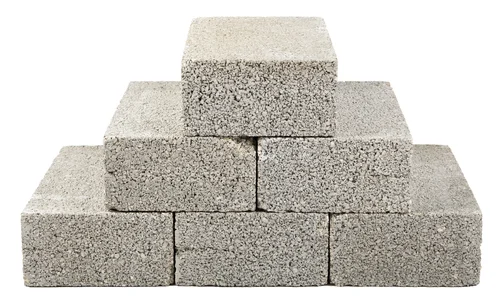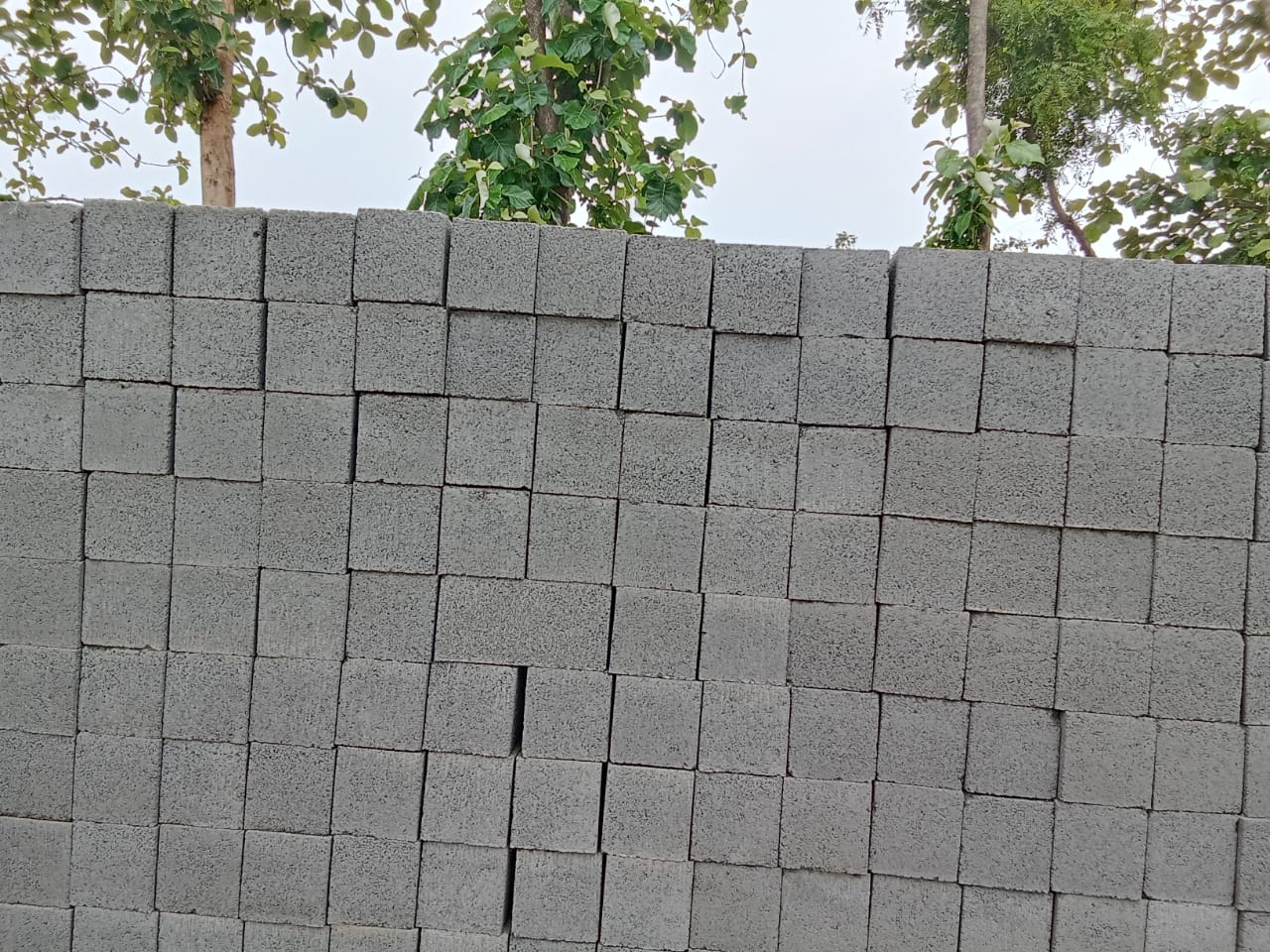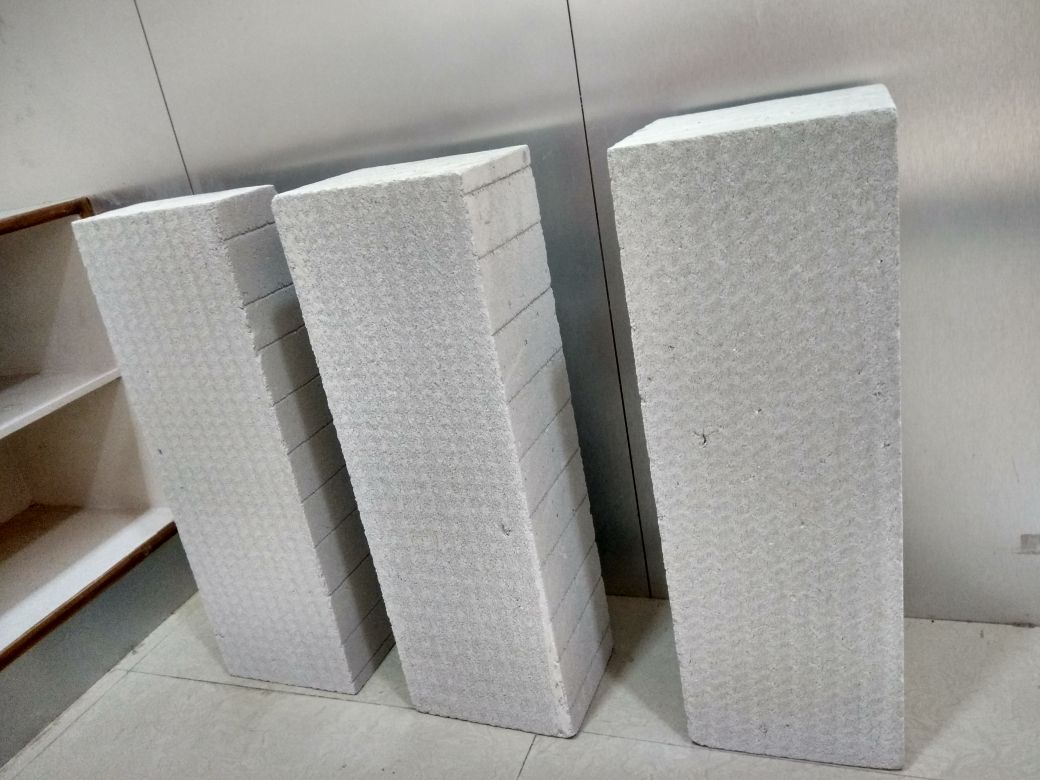Building or Construction Blocks are essential construction materials that form the backbone of any structure. Used for building walls, foundations, and more, they come in various types, including concrete blocks, terracotta blocks, and lightweight AAC blocks. Dekho365 provides the best quality blocks in Mysore.
Outline:
-
- Introduction
- What Are Blocks in Construction?
- Importance of Understanding Blocks in Building
- Types of Blocks in Construction
- Concrete Blocks
- Cinder Blocks
- AAC Blocks (Autoclaved Aerated Concrete)
- Hollow Blocks
- Brick Blocks
- Material Composition of Blocks
- Introduction
-
-
- Concrete: The Backbone of Blocks
- Cinders and Their Role
- Applications of Blocks in Construction
-
-
-
- Residential Buildings
- Commercial Structures
- Retaining Walls
- Outdoor Installations
- Installation and Construction Techniques
- Block Laying Process
- Mortar: The Essential Binder
- Best Practices for Block Construction
- Innovations in Block Technology
- Eco-Friendly Alternatives
- Lightweight Blocks
- Smart Blocks: A Look into Future Technologies
- Conclusion
- Recap of Block Importance in Construction
- Final Thoughts
-
- FAQs
What Are Blocks in Construction?
Have you ever looked at a building and wondered about the materials that make it sturdy? Blocks in construction are essential components that play a significant role in building structures. These units come in various types and materials, offering diverse benefits and uses. Whether you're building a new home or just curious about construction, understanding blocks is fundamental.



Types of Blocks in Construction
Concrete Blocks
Concrete blocks are one of the most common types used in construction. They're made from concrete and molded into rectangular shapes. These blocks are known for their durability and strength, making them ideal for load-bearing walls.
Cinder Blocks
Cinder blocks are similar to concrete blocks but are composed of aggregates like ash or cinders. They are typically lighter than concrete blocks and, while they offer good insulation, they may not be as strong.
AAC Blocks (Autoclaved Aerated Concrete)
A more modern option, AAC blocks are lightweight yet strong, offering excellent thermal insulation. They are made from a mixture of silica, lime, cement, water, and aluminum powder. AAC blocks are becoming increasingly popular due to their eco-friendliness.





Material Composition of Blocks
Concrete: The Backbone of Blocks
Concrete is a composite material that consists of cement, water, gravel, and sand. It hardens over time, creating a robust substance ideal for construction. The versatility of concrete allows it to be molded into different shapes, including blocks.
Cinders and Their Role
Cinders act as aggregates in the mixture for cinder blocks. These waste materials provide a lightweight option without compromising too much on strength. However, while they are cheaper, they may not handle heavy loads as well as concrete blocks.
Applications of Blocks in Construction
Residential Buildings
Blocks are commonly used in building homes, providing structural integrity and insulation. With proper construction techniques, they create comfortable living spaces.
Commercial Structures
For commercial buildings, blocks serve as excellent materials for constructing office spaces and retail shops. They provide a combination of safety and functionality.
Retaining Walls
Blocks are often utilized to create retaining walls that keep soil in place and prevent erosion. This application is crucial in landscaping and construction near sloped areas.
Outdoor Installations
From garden walls to patios, blocks can enhance outdoor spaces. They offer durability and style, contributing to the overall aesthetic of outdoor furniture and landscaping.
Installation and Construction Techniques
Blocks Laying Process
The process of laying blocks requires precision. Builders typically start with a solid foundation, aligning blocks in a row, using a level to ensure they are straight. Mortar is applied between blocks for strength.
Mortar: The Essential Binder
Mortar acts as the glue that binds blocks together. Its role is vital; it fills gaps and provides stability to the structure. Using the right mortar mix is critical to ensure longevity.
Best Practices for Block Construction
To achieve the best results, follow best practices like using a proper mix, ensuring blocks are clean before laying, and utilizing reinforcement methods where necessary. Careful planning and execution are essential for durability.
Innovations in Block Technology
Eco-Friendly Alternatives
The construction industry is moving towards sustainability, and innovations like recycled materials and eco-friendly blocks are gaining popularity. These inventions contribute to minimizing carbon footprints.
Lightweight Blocks
Developments in materials science have led to the creation of lightweight blocks that retain strength while being easier to handle. This innovation simplifies the construction process.
Smart Blocks: A Look into Future Technologies
Imagine blocks that monitor temperature or humidity! Smart blocks are at the forefront of technology in construction, utilizing sensors to provide real-time data about structural integrity and environmental conditions.
Conclusion
In essence, blocks are fundamental to modern construction, offering strength, insulation, and durability. Whether you’re embarking on a building project or learning about the industry, having a solid grasp of what blocks are and their advantages can make a world of difference. As technology improves and sustainability becomes more critical, we can expect blocks to continue evolving.
FAQs
-
What types of blocks are the most commonly used in construction?
-
Concrete blocks and cinder blocks are the most prevalent, each offering distinct benefits based on the project.
-
-
How do blocks contribute to a building's insulation?
-
Are blocks environmentally friendly?
-
Some blocks, especially those made from recycled materials or eco-friendly alternatives, significantly reduce environmental impact.
-
-
What are some challenges when working with blocks?
-
The primary challenges include their weight, handling requirements, and potential aesthetic limitations.
-
-
Can blocks be used for outdoor structures?
-
Yes, blocks are widely used for outdoor installations such as garden walls, patios, and retaining walls due to their durability.
-


